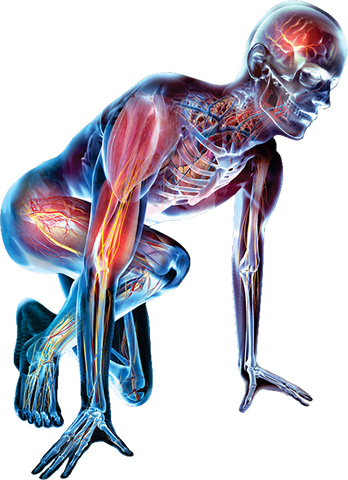This article Dementia A chronic disorder of the mental processes consists of 7 pages and 2100 words. In order to have full access to this article, email us at thedocumentco@hotmail.co.uk
Ref No: 2419
Dementia: The brain is an organ of soft tissues present in the skull of living organisms which functions as the coordinating centre of sensation, intellectual and nervous activity. It is the main organ of the central nervous system. It is divided into two larger cerebral hemispheres which are further subdivided into different lobes that are the frontal lobe, parietal lobe, temporal lobe and occipital lobe (Wood et al. 2013; Moriarty et al., 2011). A number of a psychiatric condition like schizophrenia and depression are associated with brain dysfunctions. Due to the irregular function of the brain, certain disorders may occur like Parkinson’s disease, different forms of Dementia which includes Alzheimer’s disease and Sclerosis (Griffith, 2015).
Dementia is a chronic disorder of the mental processes which is caused due to brain disease or injury and is associated with memory disorders, personality changes and impaired reasoning. It is termed as mental illness due to mental disability (Woods et al. 2013; DH, 2009). It is not a specific disease. It describes a wide range of symptoms. Alzheimer’s disease accounts for 60 to 80 per cent of the total cases of Dementia (NICE, 2010).
Vascular Dementia which occurs after a stroke or cardiac arrest is the most common type of Dementia. But there are several conditions which can cause Dementia including some reversible, such as thyroid problems and vitamin deficiencies. It is a common interpretation that Dementia is a normal phenomenon observed with ageing and is also generally referred to as senile dementia or senility. There are various symptoms responsible for Dementia (Mukadam et al., 2011). Some of the significant effects caused by Dementia are memory loss, communication and language, ability to focus and pay attention, reasoning and judgment, visual perception and so forth. Short term memory loss is the major problem of people facing with Dementia. Many form of Dementia is progressive some of them are slow but get worse with time. It is suggested that if you’re loved one or any close associate is experiencing memory difficulties or other difficulties in thinking, then don’t ignore their act and kindly see a doctor. Professional evaluation may detect a treatable condition. Early diagnosis of Dementia allows a patient to get the maximum benefit from available treatments and provides an opportunity to volunteer for clinical trials or studies (Woods et al. 2013; DH, 2009). Damage to brain cells causes Dementia. Due to the damage to brain cells, the ability of brain cells to communicate with each other declines. Due to miss communication of brain cells, normal functions of the brain such as thinking ability, behaviour and feelings can be affected negatively. The brain consists of many distinct regions each of which plays an important role for different functions, for example, memory, judgment and locomotion (Murphy and Maidens, 2016). Different types of Dementia are associated with particular types of brain cell damage in specific regions of the brain. For example in Alzheimer’s disease, the high levels of certain proteins inside and outside brain cells make it hard for brain cells to stay healthy and to communicate with each other. Hippocampus which is the region of the brain is the centre of learning and memory in the brain and often more prone to damage (Alzheimer society, 2015). This is why the earliest possible sign of Alzheimer’s disease is memory loss. While the changes in the brain which causes Dementia are permanent and they worsen with time, thinking and memory problems caused by the following condition is treated or addressed includes depression, medication side effects, and excess use of alcohol, thyroid problems, and vitamin deficiencies (Selwood et.al, 2007)…………………….


Recent Comments